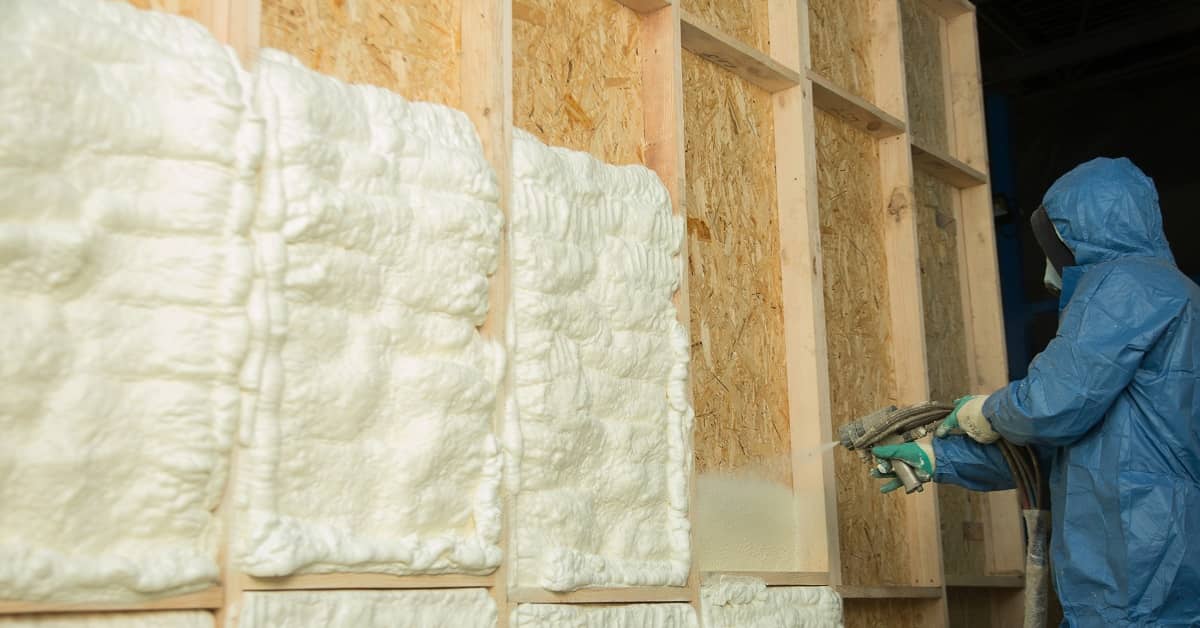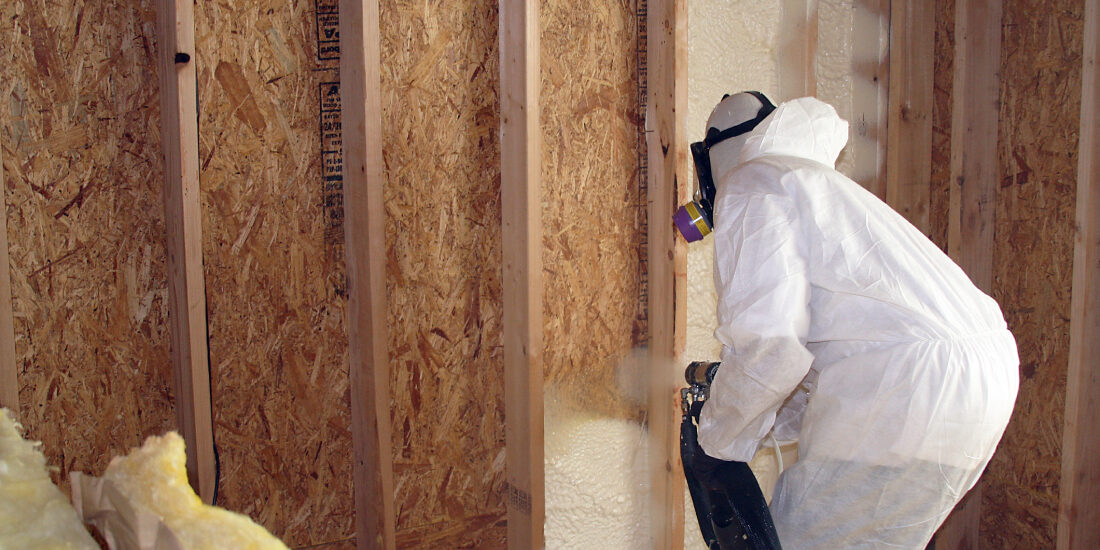What Spray Foam Insulation Experts in Altamont Know That Homeowners Often Don’t
Spray foam insulation is a great way to boost your home’s energy efficiency and comfort, but many homeowners in Altamont don’t realize all the benefits it can offer—or how to get the most out of it. Mistakes like poor installation or choosing the wrong type of insulation can lead to drafts, moisture problems, and even damage to your home. Knowing what local spray foam experts understand can help you avoid these issues and make smarter decisions.
This article shares what insulation professionals in Altamont know that most homeowners don’t. It covers how to improve your home’s performance with the right spray foam insulation, why experience matters, and what options are available for different needs.
What the Spray Foam Experts Know About Insulating Homes Right
A Spray foam insulation expert in Altamont doesn’t just install insulation—they consider the whole building and how insulation works with ventilation and moisture control. Some things homeowners might not know include:
- Choosing the right foam matters. Closed cells and open cell foam work differently. Closed cell blocks moisture and air tightly, while open cell is lighter and better for soundproofing.
- How the foam is applied is just as important as the type. Uneven coverage or gaps can cause problems like air leaks or trapped moisture.
- Spray foam should fit the whole home’s needs. It’s not just about insulation but also protecting your home from moisture damage and making sure the indoor air stays healthy.
- Experienced installers anticipate problems. They know how to work with different building materials and local weather, so the insulation lasts longer and performs better.
In Altamont’s climate, these details can make a big difference in keeping your home comfortable and energy-efficient year-round.

Spray Foam and Insulation Options Available in Altamont
There are several types of spray foam and insulation to suit different parts of your home or business. Each has its strengths depending on where and how you use it.
Closed Cell Spray Foamt
This type is dense and forms a strong barrier against air and moisture. It’s great for exterior walls, basements, and roofs where you want extra protection and structural strength. It also has a high R-value, meaning it insulates well in tight spaces.
Open Cell Spray Foam
Open cell foam is lighter and expands more, filling gaps and cracks well. It’s good for interior walls and attics and helps reduce noise. It doesn’t block moisture as strongly as closed cell but is more flexible.
Fiberglass Batt Insulation
Fiberglass batts are a common, affordable option. They offer decent insulation but don’t seal air as tightly as spray foam. Often, they’re used alongside foam insulation to keep costs down.
Blown-In Insulation
Blown-in insulation uses loose fibers that fill odd-shaped spaces and cavities. It works well when you want to add insulation without tearing down walls. It complements spray foam by adding extra coverage in places foam can’t reach easily.
Membrane Roofing
Membrane roofing protects your building’s exterior from weather and water. When paired with spray foam insulation, it helps keep your whole building sealed and safe from leaks and drafts.

How Closed Cell and Open Cell Spray Foam Compare
| Feature | Closed Cell Foam | Open Cell Foam |
|---|---|---|
| Insulation Strength (R-Value) | High (6.5 – 7.0 per inch) | Moderate (3.5 – 4.0 per inch) |
| Air Barrier | Yes | Partial |
| Moisture Protection | Strong | Moderate |
| Cost | Higher | Lower |
| Adds Structural Support | Yes | No |
| Best Use Cases | Basements, exterior walls, roofs | Interior walls, attics, soundproofing |
Common Questions About Spray Foam Insulation in Altamont
How does spray foam save energy?
Spray foam creates a tight seal that stops drafts and heat loss. This means your heating and cooling systems don’t have to work as hard, saving you money and keeping your home more comfortable.
What should I think about before getting spray foam?
Consider your home’s design, local climate, and budget. Talking to local experts can help you choose the best type of foam and installation method.
Is spray foam safe?
When installed correctly by professionals, spray foam is safe. Proper ventilation during and after installation helps avoid any chemical exposure.
Can spray foam be used with other insulation?
Yes, combining spray foam with fiberglass or blown-in insulation can give you the best mix of performance and cost.
What to Remember From Altamont Spray Foam Experts
Experts know how to pick the right insulation and install it so it works best for your home and local weather. This means fewer drafts, less moisture trouble, and better comfort.
By working with trusted specialists, homeowners can expect:
- A solid air seal that keeps out drafts
- Proper moisture control to prevent damage
- Improved energy efficiency throughout the year
- Stronger building support where needed

Ready to Improve Your Home’s Energy Efficiency?
Good insulation plays a big role in how comfortable and efficient your home is. All Foam & Insulation, LLC offers expert services in closed cell spray foam, open cell foam, fiberglass batts, blown-in insulation, and membrane roofing for properties in Altamont.
Call (541) 826-9600 or email joe@allphasewx.com to talk with insulation experts who understand your needs and can help you get the best results.
FAQs About Spray Foam Insulation
What makes an experienced spray foam team different?
They know how to evaluate your home and choose the right foam, thickness, and coverage to avoid problems like gaps or trapped moisture.
How do insulation advisors pick the right foam?
They look at your home’s structure, weather, and budget to recommend the best option, whether open cell, closed cell, or a combination.
Can spray foam help reduce noise?
Yes, especially open cell foam, which absorbs sound and helps with quieting rooms and shared walls.
Are there environmental impacts to consider?
Modern spray foam uses low-impact chemicals and helps save energy, reducing your home’s overall environmental footprint.
How much maintenance does spray foam need?
Very little. Just check occasionally for any damage or moisture issues to keep it working well.
Reviewer: Lily Johnson offered her feedback after reviewing this post. With 8 years in the spray foam insulation field, her suggestions focused on improving communication to homeowners searching for quality insulation solutions.




Leave a Reply
Want to join the discussion?Feel free to contribute!